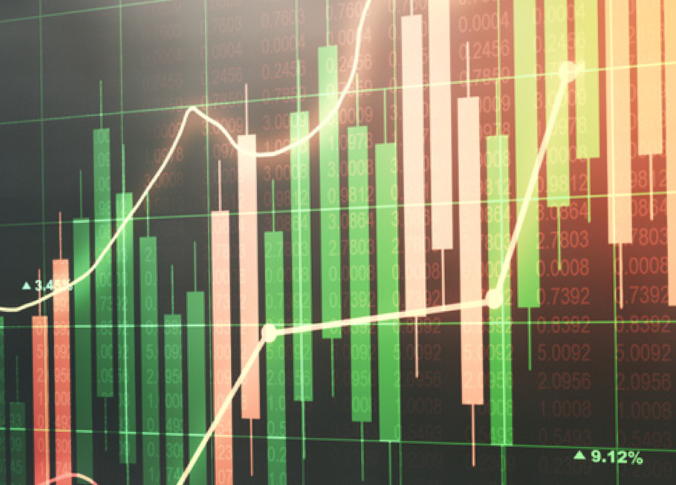The week’s last trading session settled negative as concerns about inflation and geopolitics again dampened Wall Street market optimism. The market was also affected by a broad sell-off in big bank shares. Shares of JPMorgan Chase fell more than 6% on the release of the bank’s first-quarter earnings. The bank warned that its net interest income, a crucial indicator of its profitability from lending operations, would fall slightly short of Wall Street analysts’ projections for 2024. Jamie Dimon, the CEO, forewarned about the economy’s ongoing burden of inflation.

JPMorgan reported first-quarter earnings on Friday that were better than anticipated, but the company also revealed a quarter-over-quarter fall in one of its primary profit measurements.
According to the Tier 1 bank, earnings were expected to be $4.44 per share for the three months ending in March, which is 8.3% more than what was expected at the same time last year and significantly more than the $4.15 per share Wall Street consensus estimate.
The bank acknowledged that “margin compression and lower deposit balances” were the reasons for the 4% sequential decline in net interest income, but it still predicted that net interest income would increase to just under $90 billion—a figure that will probably exceed its entire expense objective.
The Dow Jones Industrial Average settled at 37,983.24 index points down 475.84 points, or 1.24%. The S&P 500 fell 5,123.41, or 1.46%. At 16,175.09, the Nasdaq Composite declined by 1.62%.
The Dow dropped by as much as 1.51% or 582 points at the peak of its trading session, . There was a 1.75% decline in the S&P 500.
The 30-stock Dow plummeted 2.37% this week, while the broad market index declined 1.56%. The tech-heavy Nasdaq, meanwhile, is down 0.45% on the week.
Reports that Iran is planning a frontal attack on Israel this weekend have caused oil prices to soar further. This would be the largest escalation of hostilities in the region since the Israel-Hamas war broke out last October. After peaking above $87 a barrel, U.S. crude ended the day at $85.66 per barrel
This added gasoline to inflation worries that have put pressure on the market, along with new data on U.S. imports.
Concerns among consumers over the ongoing inflationary pressures are also mounting. According to the University of Michigan’s Surveys of Consumers, the consumer confidence index for April was 77.9, which was lower than the Dow Jones consensus prediction of 79.9. Expectations for long-term and year-ahead inflation also increased, indicating dissatisfaction with sticky inflation.




















